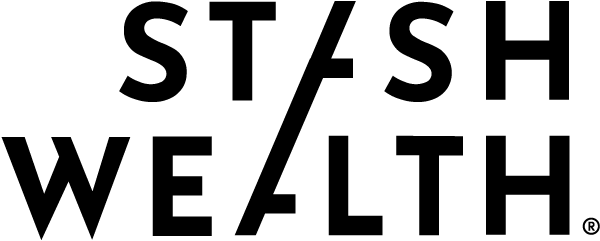How to Give Away Your Money
THE QUICK & DIRTY
This article spills the tea on why young professionals are dropping dough on charity. It's not just about feeling good; there's a sweet tax break involved too. Think Mother Teresa, but with a side of tax deductions. We're talking about those who donate to causes they care about, from healthcare to the arts, and reap the rewards of a lower tax bill. So, if you're ready to do some good and save some cash, this article is your guide.
KEY TAKEAWAYS
Donating is on the rise: Young professionals are increasingly prioritizing charitable giving.
Tax implications exist: Charitable donations can reduce taxable income.
Key requirements: To claim a deduction, donations must be made to qualified organizations and documented.
Unsurprisingly, we are huge advocates of spending the money you’ve earned on the things you value. So the next logical step was to publicize what it is our 20-30something HENRYs [High Earners, Not Rich Yet] are spending their money on. And the answers lead us to believe that donating to the causes young professionals care about is creeping up on the list. Not a bad thing to be known for.
Why People Donate
Seth Goden published a list of reasons he believes people donate, and it includes some fairly altruistic motives:
It’s urgent
It’s close to you
Others are suffering
Time is almost up
But also a few guilt-tripping moments:
Everyone else is doing it
Someone will notice if I don’t
It comes with a tote bag (our personal favorite dig)
There’s a Forbes article that breaks down America’s Most Philanthropic Billionaires in case you’re interested. We were. And yes, “billionaire” leaves you thinking it’s easy to give a lot when you have a lot. But let us stop you there - “a lot” is relative. You may not end up on a Forbes list anytime soon but we’re rooting for it to happen anyway.
From healthcare to the arts to civil liberties, money helps. And those with money have the ability to make a big impact.
Famous Donors
How would it feel to have your name synonymous with selflessness? We’re talking Mother Theresa, Gandhi, Saint Anthony, Princess Di life-long commitment to giving back levels of generosity.
But some of us have chosen a different path. Even though rounding up that dollar at the grocery store does feel pretty selfless on occasion.
HENRYs are prone to step up when it comes to helping where they can - from tipping big to shopping local to giving to any and all foundations they care about. Love to see it.
Tax Implications
Selflessness isn’t the only benefit to giving. There’s something so much more emotionally deep that you can call on - tax implications.
To be clear, when filing you can either standardize your deductions or itemize your deductions - dependent on whichever will save you the most money. But save yourself some time because tracking your donations is only worth the effort if you’re going to itemize.
For example
You donate about $400 worth of clothing to Goodwill. When you itemize, you'd say you donated a fair market value (FMV) of $400 worth of clothing. That number gets deducted from your taxable income. So if your taxable income (adjusted gross) is $80,000, your new adjusted gross income would be $79,600. You may find yourself giving enough away to be bumped into a lower tax bracket.
Fidelity published an article getting into the details of the 2021 breakdown. High level: to itemize your deductions, you’ll need:
To ensure the non-profit organization you’re giving to is a 501(c)(3) public charity or private foundation
To keep your receipt
To grab a qualified appraisal if it’s a non-cash donation
Generally, you could deduct up to 60% of your gross adjusted income through charitable donations, but that percentage could be limited by the type of contribution and organization.
Yeah. That’s a lot.
If you’ve found yourself with a windfall after a tax return, we worked on a piece with CNBC covering what you could do with that unexpected cash. Maybe this article has you thinking about who you would give money to with so many organizations out there. It’s fun to think about.
Curious how giving could impact your short-, mid-, and long-term financial situation? We’ve got the answers to your questions in the Stash Plan. The Stash Plan is a 5-6 week process built for 20-30somethings who make good money and don’t want to miss any chances to be smarter with it.
Stash Wealth offers financial planning services for 30-somethings who earn six figures.
Whether you’re saving up for Tahiti or a Tesla, we help you achieve your short-term and long-term financial goals.
Ready to make your money work harder for you?
Written by Priya Malani
Founder & CEO
Priya is an industry thought leader and personal finance expert for HENRYs [High Earners, Not Rich Yet]. Her relatable, no-bullshit style has garnered attention from the largest media outlets in the country including Forbes, The Wall Street Journal, Business Insider, NerdWallet, and more.


